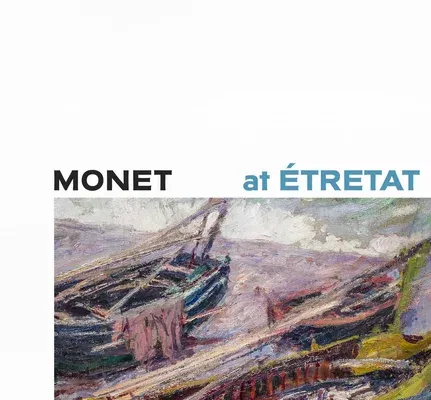Chiyo Ishikawa
(Author)Monet at ÉtretatHardcover, 5 June 2021

Qty
1
Turbo
Ships in 2 - 3 days
In Stock
Free Delivery
Cash on Delivery
15 Days
Free Returns
Secure Checkout

Print Length
80 pages
Language
English
Publisher
Seattle Art Museum
Date Published
5 Jun 2021
ISBN-10
0932216773
ISBN-13
9780932216779
Description
Product Details
Author:
Book Format:
Hardcover
Country of Origin:
US
Date Published:
5 June 2021
Dimensions:
24.64 x
26.67 x
0.76 cm
Genre:
French
ISBN-10:
0932216773
ISBN-13:
9780932216779
Language:
English
Location:
Seattle
Pages:
80
Publisher:
Weight:
498.95 gm